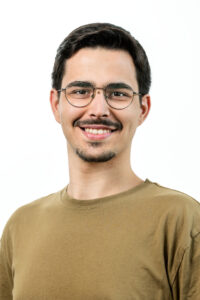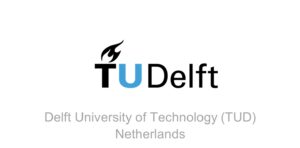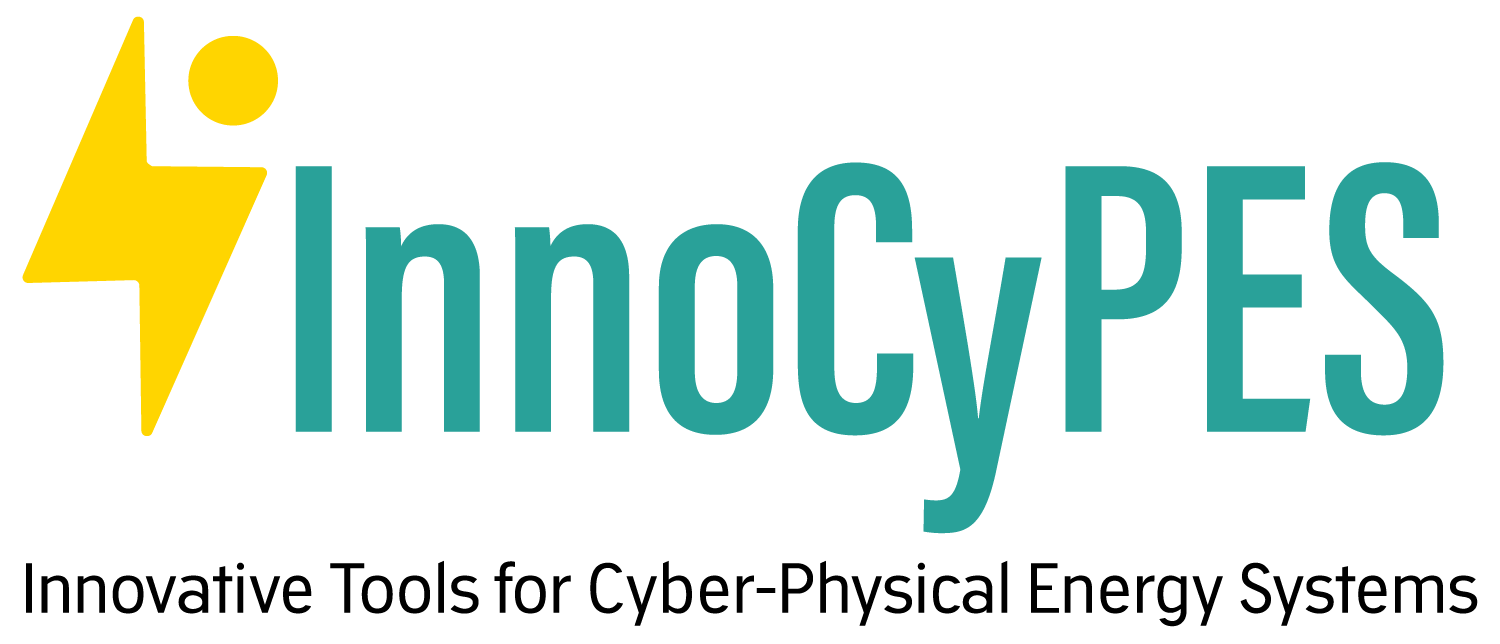ENRICHING SYSTEM MEASUREMENTS FOR MACHINE LEARNING APPLICATIONS
The sheer quantum of data being created and collected across jurisdictions requires a
carefully planned and proactive approach to data management. The need for fusion and
integration of multiple data sources characterized by
The project develops methods for interpolation, imputation and augmentation of system
measurements using a combination of machine learning and physical system knowledge.
Electrical networks are used as a motivating case, tackling the following challenges:
1) Different sampling rates and data dropouts. Whereas PMUs or waveform monitoring
systems measure electrical properties at a rate of many kHz, smart meters may report
values only once every 30 minutes. Interpolation and imputation are required to
generate synchronized pseudo-observations, subject to uncertainty;
2) Non-alignment of timestamps. High-end measurement devices have GPSsynchronized clocks, but that is often not the case for low-cost infrastructure.
Collectively, the measurements, along with a grid model, can be used to identify and
offset drift in clocks of individual sensors, e.g. using a Kalman filter to infer a hidden
clock offset. This research paves the way to highly accurate low-cost sensing;
3) Limited availability of training data. Machine learning algorithms usually benefit from
large training datasets, but the number of available measurements may be limited or
subject to confidentiality. Deep learning approaches such as Generative Adversarial
Networks (GANs) or Variational Autoencoders (VAEs) will be used to learn salient
properties of data. These representations are combined with physical network models
to generate virtual measurements with similar statistical properties.
The methods developed will be combined into a flexible, open-source data preprocessing
library. A test case will be developed and investigated with industrial partner DEPsys.


Research Directors:
| Cookie | Duration | Description |
|---|---|---|
| cookielawinfo-checkbox-analytics | 11 months | This cookie is set by GDPR Cookie Consent plugin. The cookie is used to store the user consent for the cookies in the category "Analytics". |
| cookielawinfo-checkbox-functional | 11 months | The cookie is set by GDPR cookie consent to record the user consent for the cookies in the category "Functional". |
| cookielawinfo-checkbox-necessary | 11 months | This cookie is set by GDPR Cookie Consent plugin. The cookies is used to store the user consent for the cookies in the category "Necessary". |
| cookielawinfo-checkbox-others | 11 months | This cookie is set by GDPR Cookie Consent plugin. The cookie is used to store the user consent for the cookies in the category "Other. |
| cookielawinfo-checkbox-performance | 11 months | This cookie is set by GDPR Cookie Consent plugin. The cookie is used to store the user consent for the cookies in the category "Performance". |
| viewed_cookie_policy | 11 months | The cookie is set by the GDPR Cookie Consent plugin and is used to store whether or not user has consented to the use of cookies. It does not store any personal data. |
